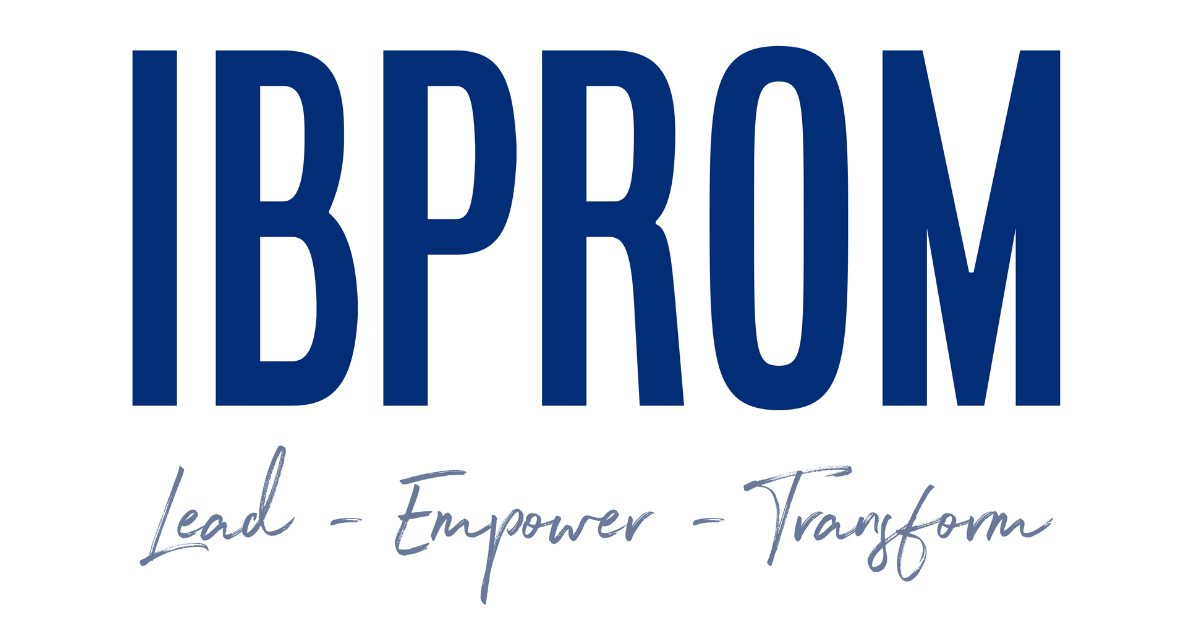Active listening is a critical skill that leaders must develop in order to be effective and successful in their roles. Often, leaders may find themselves focused on communicating their own ideas and opinions without taking the time to hear what their team members have to say truly. However, active listening is an essential component of effective communication, as it allows leaders to gain valuable insights, diffuse conflicts, and build stronger relationships with their employees. By mastering this essential skill, leaders can improve team performance, drive employee engagement, and ultimately contribute to the overall success of their organization.
Active listening involves not only hearing what others are saying but also processing, comprehending, and empathizing with their statements. It requires giving full attention to the speaker, asking thoughtful questions, and providing feedback that demonstrates understanding. Unfortunately, active listening is a skill that many leaders struggle with, often due to multitasking, distractions, or a lack of self-awareness. This can lead to misunderstandings, conflicts, and missed opportunities for collaborative problem-solving.
For organizations looking to develop more effective leaders, coaching, and leadership development programs can play a vital role in helping individuals actively listen and become better communicators. By practicing active listening, leaders can become more attuned to their employees' needs and concerns, ultimately creating a healthier, more productive work environment.
In this article, we will explore the benefits of active listening for leaders and how evidence-based assessments, facilitation, and coaching can help enhance this essential skill.
The Power of Active Listening in Leadership
Active listening plays a critical role in fostering successful professional relationships and ensuring effective communication. To better understand its importance, we will explore four key benefits of active listening for leaders.
Strengthening Team Relationships and Trust
When leaders actively listen to their team members, they demonstrate genuine care and interest in their employees' thoughts and feelings. This tangible engagement helps to create a team culture built on trust and mutual respect. In turn, team members who feel valued and heard are more likely to express their thoughts openly, seek feedback, and contribute their best ideas.
Enhancing Problem-Solving and Decision-Making
Active listening enables leaders to fully understand the challenges and concerns of their team members, making it easier to identify potential solutions and make more informed decisions. By carefully considering and analyzing the input from employees, leaders can better assess varying perspectives and collaborate on effective action plans.
Managing Conflict and Promoting Unity
Active listening is a critical component in conflict resolution, as it enables leaders to identify the underlying causes of disagreements and work towards finding common ground. By demonstrating empathy and understanding, leaders can help reduce tension, negotiate, and compromise, ultimately fostering a more harmonious and unified working environment.
Boosting Employee Engagement and Performance
When employees feel listened to by their leaders, they are more likely to feel a sense of belonging and engagement. This, in turn, can lead to increased job satisfaction, motivation, and overall performance. Active listening promotes an open and supportive culture in which employees can thrive, driving success at both individual and organizational levels.
Developing Active Listening Skills through Assessments, Facilitation, and Coaching
For leaders who struggle with active listening, professional development initiatives can provide valuable tools and resources to enhance this crucial skill. Here are three key approaches to developing active listening:
Utilizing Evidence-Based Assessments
Evidence-based assessments can help leaders to identify their listening strengths and weaknesses, providing a clear starting point for improvement. Through self-evaluations and 360-degree feedback, individuals can gain a better understanding of how they listen, communicate, and interact with their team members, enabling them to address areas in need of development.
Participating in Facilitation and Workshops
Workshops and group facilitation sessions aimed at enhancing active listening skills can provide valuable guidance and practice opportunities. These interactive sessions may include role-playing exercises, simulations, or team-building activities designed to reinforce the importance of listening empathetically, asking open-ended questions, and providing constructive feedback.
Receiving Personalized Coaching
Professional coaching offers a customized approach to developing active listening skills, with a focus on individual needs and growth areas. Through one-on-one sessions, coaches can work directly with leaders to identify listening barriers, offer advice on overcoming them, and provide practical exercises and activities to reinforce new habits and behaviors.
Conclusion
Active listening is a fundamental skill for effective leadership and organizational success. By fostering trust and promoting open communication, leaders can enhance employee engagement, improve problem-solving, and cultivate strong, collaborative teams. By utilizing evidence-based assessments, facilitation, and personalized coaching, leaders can develop and refine their active listening skills, ensuring their organizations excel in the face of today's complex and evolving business landscape.
Maximize your team's potential and promote a culture of open communication through active listening. Learn more about our
leadership development and coaching programs at IBPROM that can help you achieve lasting success.







